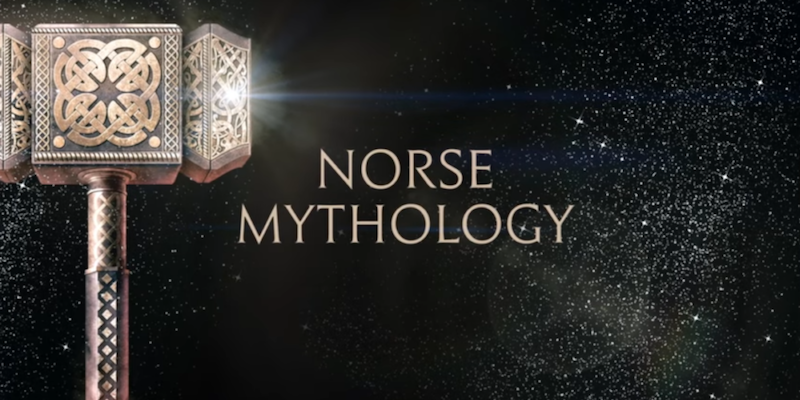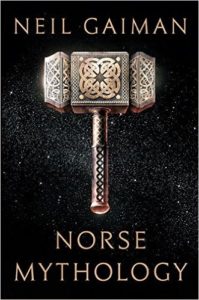

“Gaiman’s characteristically limpid, quick-running prose keeps the dramatic impetus of the medieval texts, if not their rough-hewn quality. His telling of the tales is for children and adults alike, and this is both right and wise, it being the property of genuine myth to be accessible on many levels … Gaiman plays down the extreme strangeness of some of the material and defuses its bleakness by a degree of self-satire. There is a good deal of humour in the stories, the kind most children like – seeing a braggart take a pratfall, watching the cunning little fellow outwit the big dumb bully. Gaiman handles this splendidly. Yet I wonder if he tries too hard to tame something intractably feral, to domesticate a troll … he simply tells us the story, and tells it well. What finally left me feeling dissatisfied is, paradoxically, the pleasant, ingratiating way in which he tells it. These gods are not only mortal, they’re a bit banal. They talk a great deal, in a conversational tone that descends sometimes to smart-ass repartee. This chattiness will be familiar to an audience accustomed to animated film and graphic narrative, which have grown heavy with dialogue, and in which disrespect is generally treated as a virtue. But it trivialises, and I felt sometimes that this vigorous, robust, good-natured version of the mythos gives us everything but the very essence of it, the heart.”
–Ursula K. Le Guin, The Guardian, March 29, 2017

